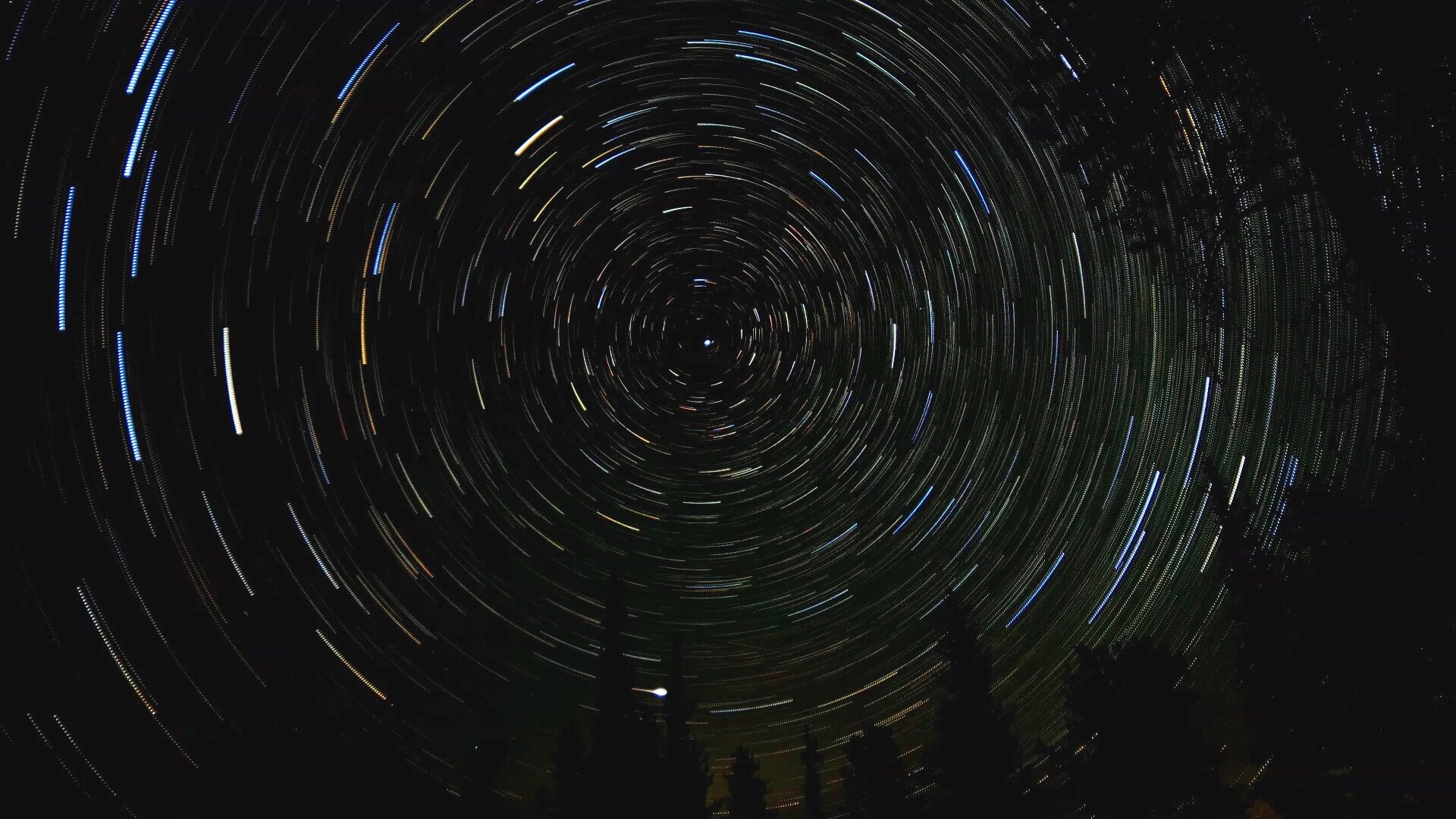
Star Trails
Searching for a Night Sky Ethic: Leopold and the Politics of Empathy
As the night sky vanishes and fewer people experience truly dark skies, the foundation for the ethical care of this resource is lost. In A Sand County Almanac, Aldo Leopold noted that “we can be ethical only in relation to something we can see, feel, understand, love, or otherwise have faith in.” To create conditions for the evolution of a night sky ethic, we need to protect what we have. We need to expose as many people as we can to the stars; we need inspire and educate. We need to create the foundation for a sense of empathy toward the night sky and the people and animals affected by its loss.
Light Pollution and the Insect Apocalypse
The next time you finish a meal at your favorite restaurant, instead of complimenting the chef, thank an insect. They contributed as much to the creation of your meal as the person running the kitchen. Insects are responsible for pollinating 80% of all trees and bushes on the planet including most of our food. Together, the estimated 5.5 million species form the biological foundation for all terrestrial ecosystems. Unfortunately, insects are in trouble. Recent studies have shown that the abundance of flying insects decreased by more than 80% in the past 20 years and light pollution is a leading cause.
Light Pollution and the Greatest Natural Spectacle on the Planet
Every spring and fall, as you sleep, a truly remarkable event takes place in the skies above you. Across the United States billions of migrating birds are in the air. April and May are the heart of the annual spring migration when birds of all sizes, shapes, and colors work their way to their summer breeding grounds. The distances they cover would exhaust even the most seasoned traveler. To increase their chances, most species migrate at night when the air is cooler, calmer, and there are less predators on the prowl. But flying at night presents a host of other threats, many of which stem from one underlying problem: light pollution.
Light Pollution and Climate Change
A thick blanket of brown gray smoke settled over our neighborhood. It covered the entire front range of the Rocky Mountains and spread east over Denver on its way to Chicago, Pittsburgh, and the east coast. Meanwhile, about 50 miles north, my brother in law and his wife were evacuating, leaving their home in a state of uncertainty and anxiousness. Their small town on the eastern edge of Rocky Mountain National Park was surrounded on three sides by wildfire. The closest, aptly named the east troublesome fire, had started a few days earlier on the west side of the park. In one terrifying night it exploded.
Deep Time, Rhythms, and the Night Sky
Before cell phones and watches and clocks, humans experienced time by looking up. We watched the movements of the sun, we tracked the motion and phases of the moon, and we studied the stars. Today, as we continue to lose our view of the celestial clock, our connection to the natural rhythm of our lives and our link to the distant past is diminished. Protecting night skies and reducing light pollution can help us maintain, restore, and better understand our ongoing inevitable relationship with time.
The Ultimate Source of Awe
If you’re like most people, as you gaze upon a star-filled sky, you will start to feel something that is rare, unique, and primal. You may feel like you’re in the presence of something so vast that you can’t fully comprehend its size and complexity. A bit of fear or anxiety washes over you. You feel diminished in its presence. You might get a sense that you are connected to everything in that moment. That feeling – that sensation – is awe.





